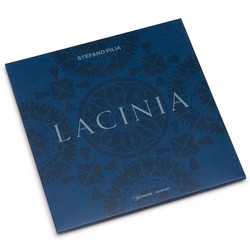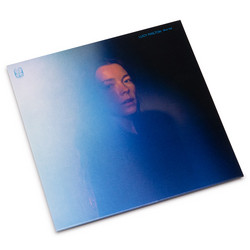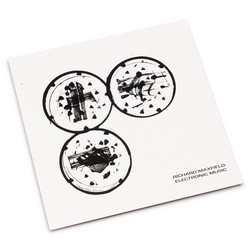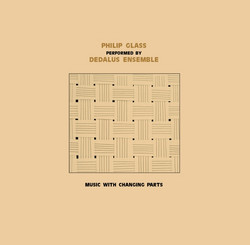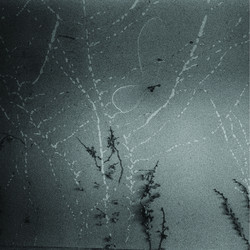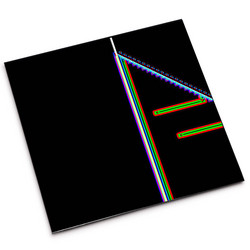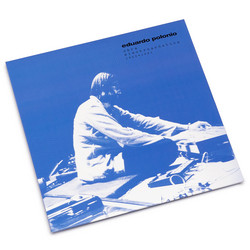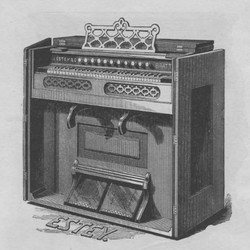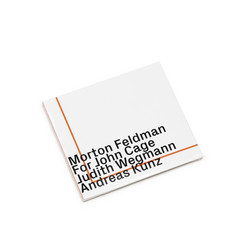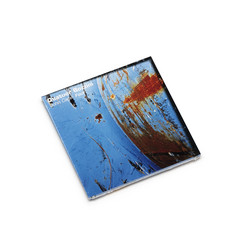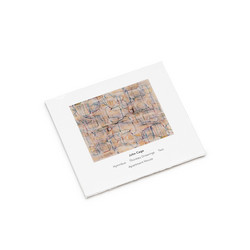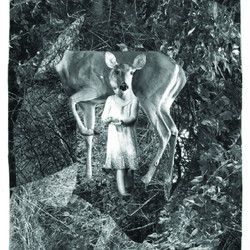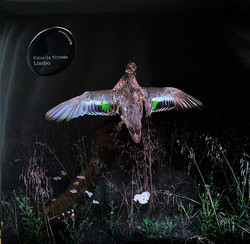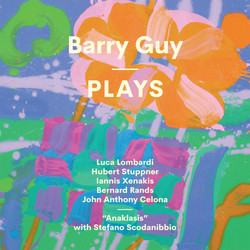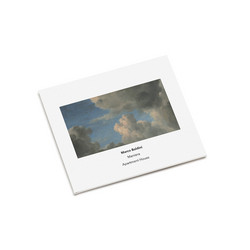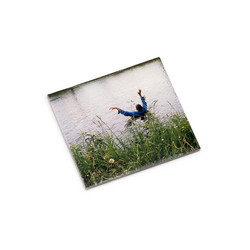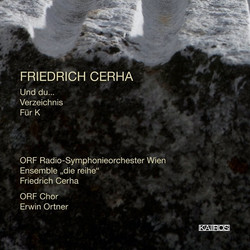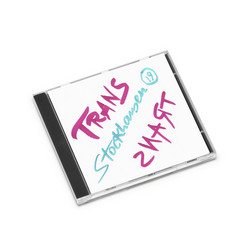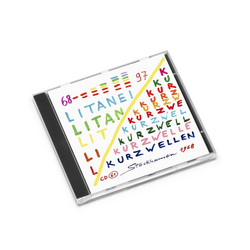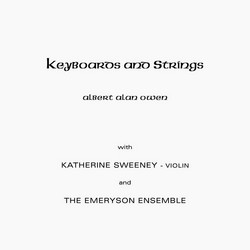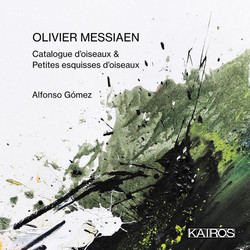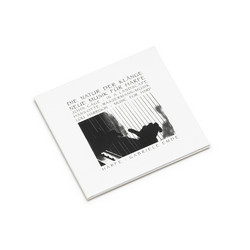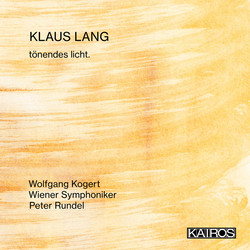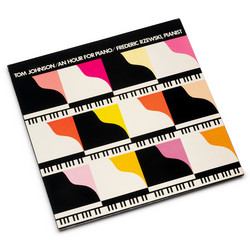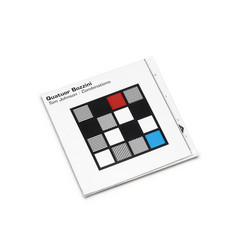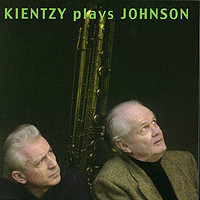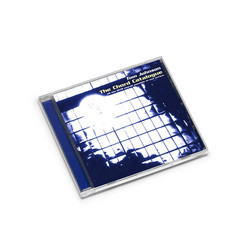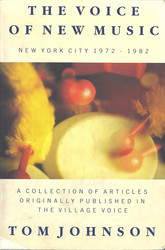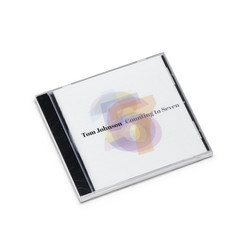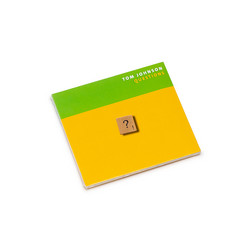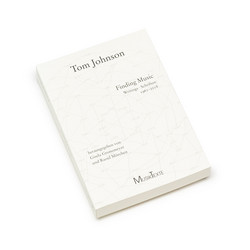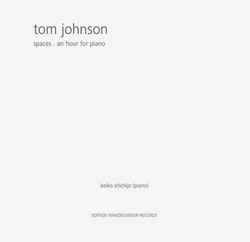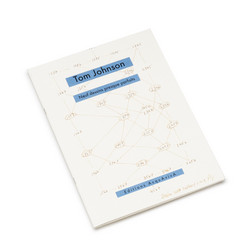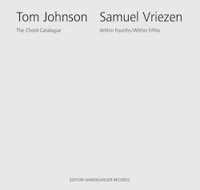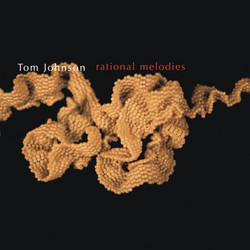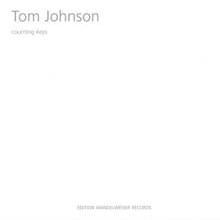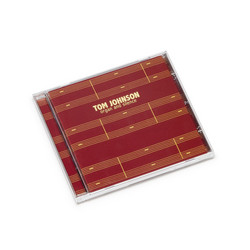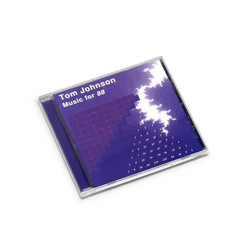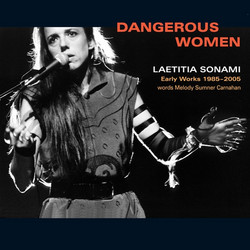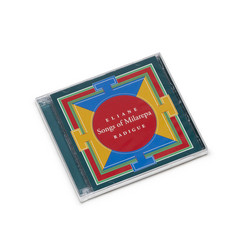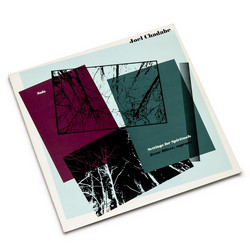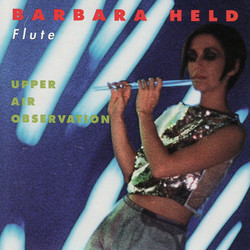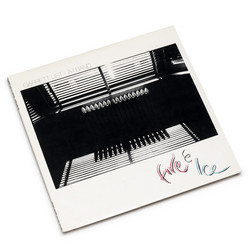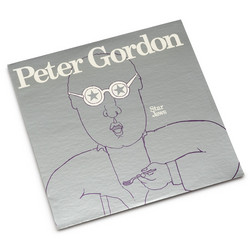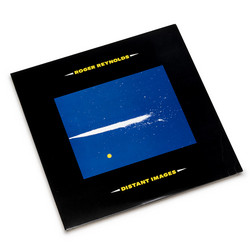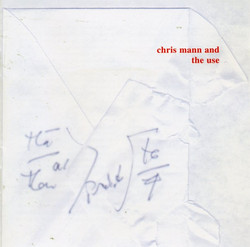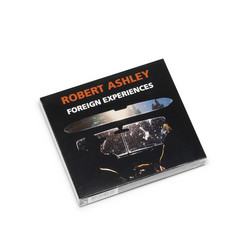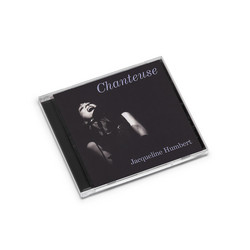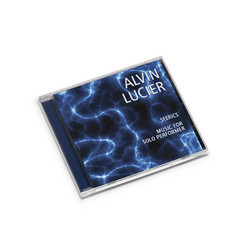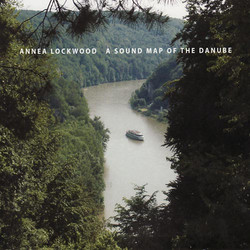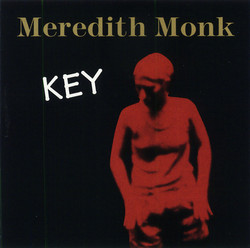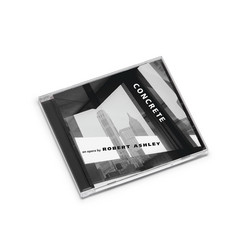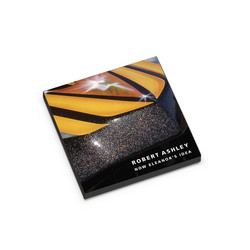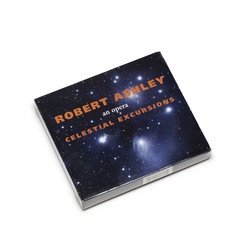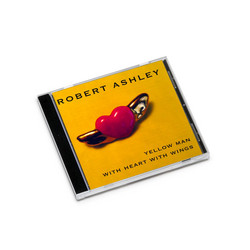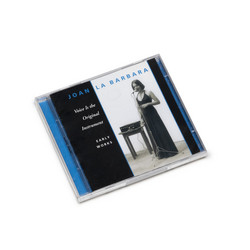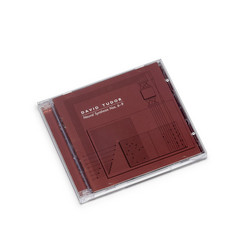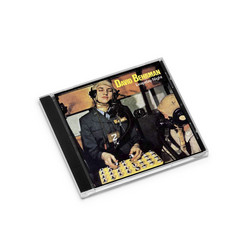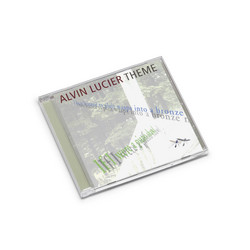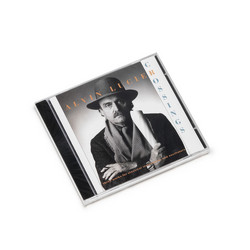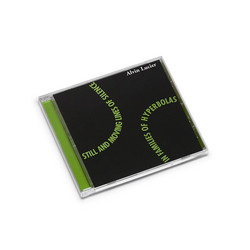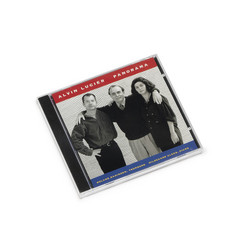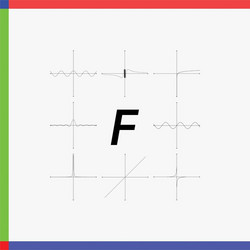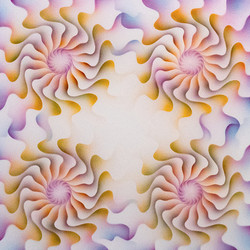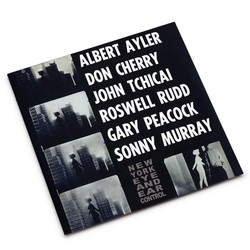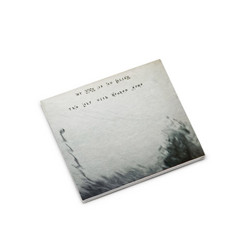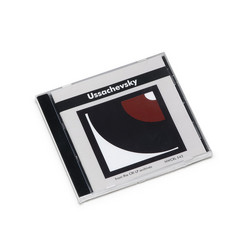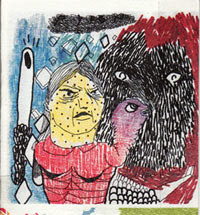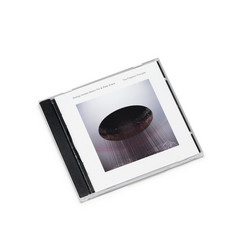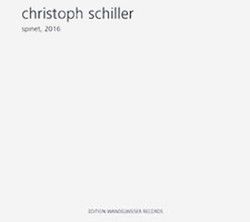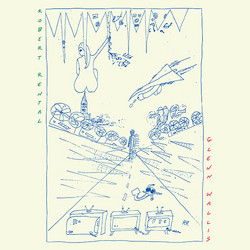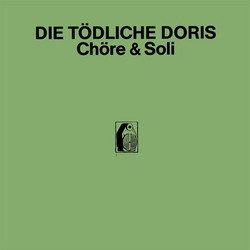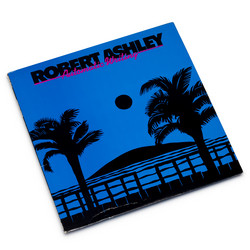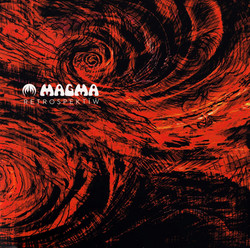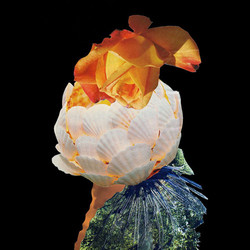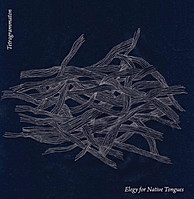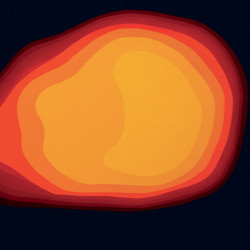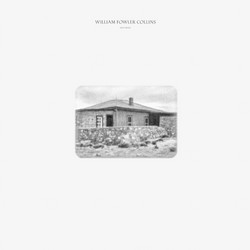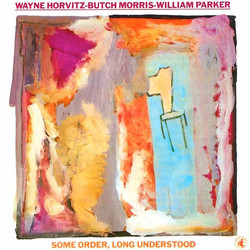1
2
3
File under: ContemporaryModern Classical
Tom Johnson
An Hour For Piano
"First, the booklet notes. If you pine for Gertrude Stein speaking circles around herself, meaning what she doesn’t mean, and not meaning what she means, you’ll probably like Tom Johnson’s non-sort-of-explanation of his magnum keyboard opus, An Hour For Piano. The composer prefers that you don’t read his notes while listening to the music. In fact, don’t read them before you play the CD for the first time. Listen to the piece first. Then, if you’re feeling artsy, put on the CD again and read the notes aloud while the music plays in the background. The result: one instant piano theater piece you can perform at loft parties, happenings, and art colonies. Of course this isn’t what Tom Johnson intended, but trust me, it works! But don’t take Kenneth Goldsmith’s notes about the music for scripture. If, as he says, the music “tinkles away in a Satie-esque manner,” then it’s the more determined, less flippant Satie of Socrate, rather than the ironic nose-thumber of Parade. “It’s not a particularly original work. In fact, it reminds me of a number of pieces that sound very similar to it: John Cage’s In a Landscape and Alvin Curran’s For Cornelius immediately spring to mind.”
I don’t know, folks, Johnson’s large-scale game plan markedly differs from these Cage or Curran pieces. And besides, Curran wrote For Cornelius in 1982, eight years after Johnson composed An Hour For Piano. So who’s copying whom? Neither, actually. To my ears, Johnson builds his piece from a steady pulse that’s engendered by stated or implied ostinato figures or repeated notes. They gradually change pitch as the music progresses. The texture of the piano writing expands and contracts in gradual increments and embodies subtle harmonic shifts that gently rivet your attention. At the piano, the redoubtable composer / pianist legend Frederic Rzewski gives a gutsy, incisive reading, informed by rock-solid rhythm and keen dynamic shaping. Slight distortion glazes loud high notes, as if we were listening to an LP being tracked by a tone arm that’s a bit too heavy; is that a fault of the 1974 mastertape? Still, I’m pleased that this minimalist pillar has been reissued on CD. You should too. Give it an hour of your time. It’s worth it.
I don’t know, folks, Johnson’s large-scale game plan markedly differs from these Cage or Curran pieces. And besides, Curran wrote For Cornelius in 1982, eight years after Johnson composed An Hour For Piano. So who’s copying whom? Neither, actually. To my ears, Johnson builds his piece from a steady pulse that’s engendered by stated or implied ostinato figures or repeated notes. They gradually change pitch as the music progresses. The texture of the piano writing expands and contracts in gradual increments and embodies subtle harmonic shifts that gently rivet your attention. At the piano, the redoubtable composer / pianist legend Frederic Rzewski gives a gutsy, incisive reading, informed by rock-solid rhythm and keen dynamic shaping. Slight distortion glazes loud high notes, as if we were listening to an LP being tracked by a tone arm that’s a bit too heavy; is that a fault of the 1974 mastertape? Still, I’m pleased that this minimalist pillar has been reissued on CD. You should too. Give it an hour of your time. It’s worth it.
Details
